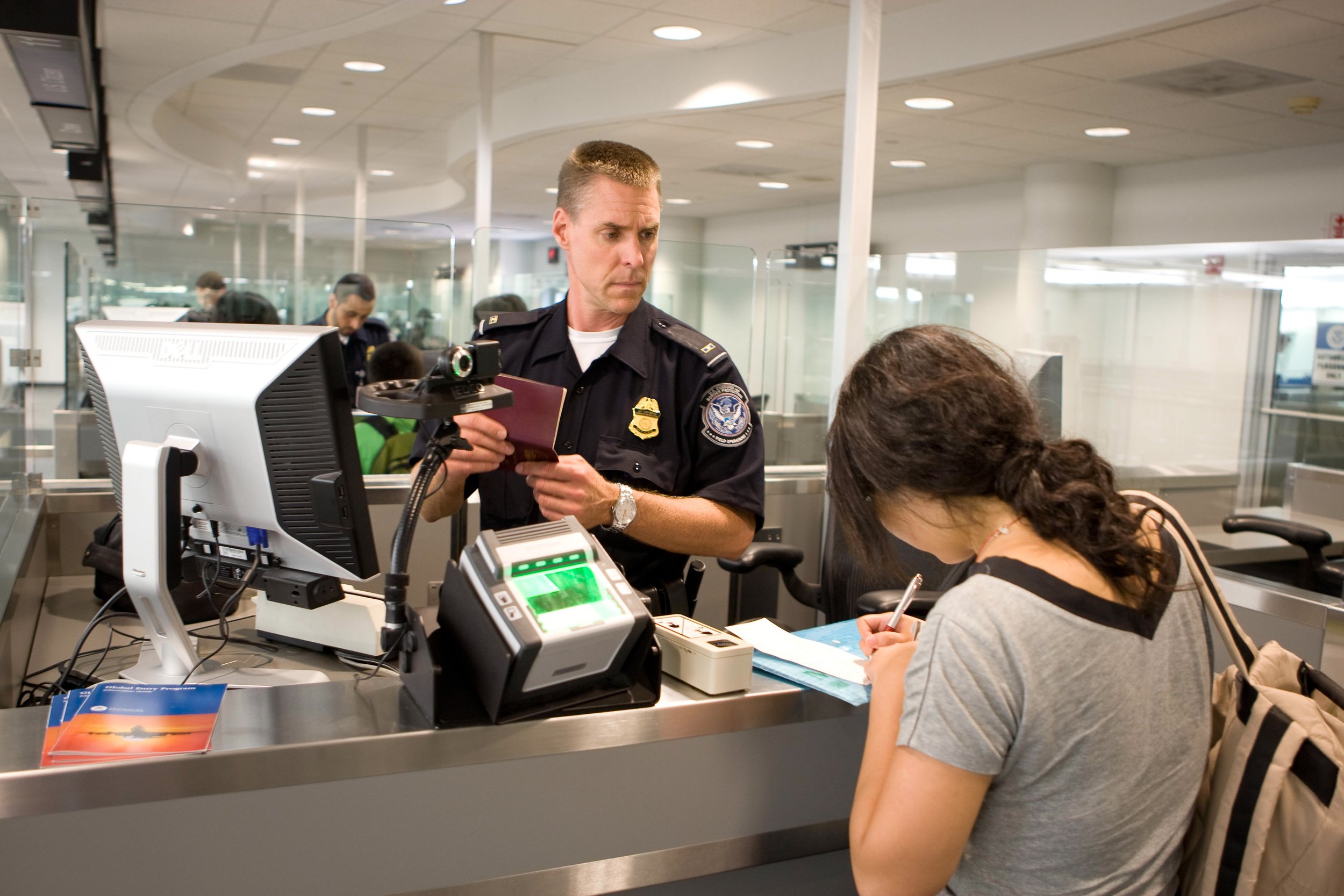Share this
Denied Entry Because of Day 1 CPT? Here's How to Avoid the Risks
by CPTDog updated on Jul 14, 2025 10:56:10 AM
F1 students can legally work by using day 1 CPT or OPT. However, these options all come with limitations. 8 CFR 214.2 (f)(10) states that “a student may be authorized 12 months of practical training and becomes eligible for another 12 months of practical training when he or she changes to a higher education.”
The USCIS has been notably strict about transitions from OPT to CPT, especially "Day 1 CPT," which means it does not allow international students to use another CPT at the same degree level after using their OPT.
Is Day 1 CPT Illegal?
In recent years, getting H1B visas become more and more difficult due to the increasing number of applications. Without obtaining H1B, many international students end up leaving the United States. Hence, the trend of using "day 1 CPT" to continue their work authorization after using up OPT time became popular. This brought “day 1 CPT” to USCIS’s attention, followed by the imposition of 8 CFR 214.2 (f)(10) to regulate the use of CPT.
This is not to say that “day 1 CPT” is illegal. On the contrary, it is completely legitimate. What's illegal in the eyes of the USCIS is abusing this system. If you follow all the requirements and fulfill all the criteria, you are safe. The most important thing is that you should avoid using CPT at the same academic level more than once.

Tips: One common misconception is that an MBA is a higher degree level than a regular master’s degree. In the United States, an MBA is considered the same degree level as all other master’s degrees.
Day 1 CPT is offered by a very limited number of schools. The Department of Homeland Security is aware of the abuse of CPT and has paid close attention to students who enter the U.S. with an I20 issued from a Day 1 CPT university. It is thus possible for Day 1 CPT students to get checked at the border. Border control agents may suspect.
How to Avoid Being Stopped at the Border
To minimize the risk of being stopped at the border or having an F1 visa denied, it's important to be mindful of several factors:
- As noted above, it is essential to avoid using CPT more than once at the same degree level.
- If you need a second master's degree, make sure the second one is in a different area of study from the first one.
- Usually, an accredited day 1 CPT university will provide you with a “checklist” if you need to travel outside the U.S. Make sure to prepare all documents on the checklist when returning to the U.S.
- It is very likely that the border control officers will ask you about your academic program, coursework, and the frequency of your on-site attendance. You need to present evidence to show that as an individual on an F1 student visa, studying is a big part of your life.
- The officers will also ask questions regarding your job. You need to demonstrate that your internship or full-time job is closely related to your coursework. Although your DSO might have signed off on your CPT-I20, the USCIS or CPB (Customs and Border Protection) may examine your qualification more rigorously.
- In rare cases, even after you present all the evidence, an officer may still question your immigrant status. They may express concerns about you working 38 hours a week while studying for only 2 hours. In such a situation, it's crucial to defend yourself by explaining that it has to do with the nature of your program. You can emphasize that the curriculum is designed to integrate more real-world working experience into the studying process.
Finally, if you are not able to successfully defend yourself when faced with a border control officer, contact your DSO immediately. If your Day 1 CPT school is an accredited university, there shouldn't be any problem.
Have more questions regarding day 1 CPT? want a list of accredited day 1 CPT universities? Fill out our online form, our experts will contact you within 48 hours.
Free Consultation
Share this
- Day 1 CPT (72)
- Day 1 CPT Universities (60)
- H1B (56)
- H1B Lottery (24)
- USCIS (22)
- immigration news (18)
- H-1B News (15)
- CPT (12)
- OPT (12)
- Day 1 CPT University (11)
- H1B Visa (11)
- F-1 H-1B Visa (10)
- change of status (9)
- Green card (8)
- Insider (8)
- Day 1 CPT Universities News (6)
- GoElite Insights (6)
- International Students (6)
- F1 (5)
- day 1 cpt MBA (5)
- Day 1 CPT Policies (4)
- Immigration (4)
- Jobs (4)
- Layoff (4)
- RFE (4)
- sevis (4)
- H4 Visa (3)
- L1 (3)
- dba (3)
- international student (3)
- CPT Employer (2)
- Career Guide (2)
- H1B Layoff (2)
- H1B Status (2)
- Sofia University (2)
- Visa (2)
- Westcliff University (2)
- Bay Atlantic University (1)
- Business (1)
- F1 Status (1)
- F1 Visa (1)
- Green Card Application (1)
- ICC (1)
- International Student Travel (1)
- NEC (1)
- O1 (1)
- OPT Guide (1)
- STEM OPT (1)
- Scholarship (1)
- Scholarships (1)
- change of status timeline (1)
- concurrent (1)
- day 1 cpt job (1)
- day 1 cpt risks (1)
- day1cptuniversities (1)
